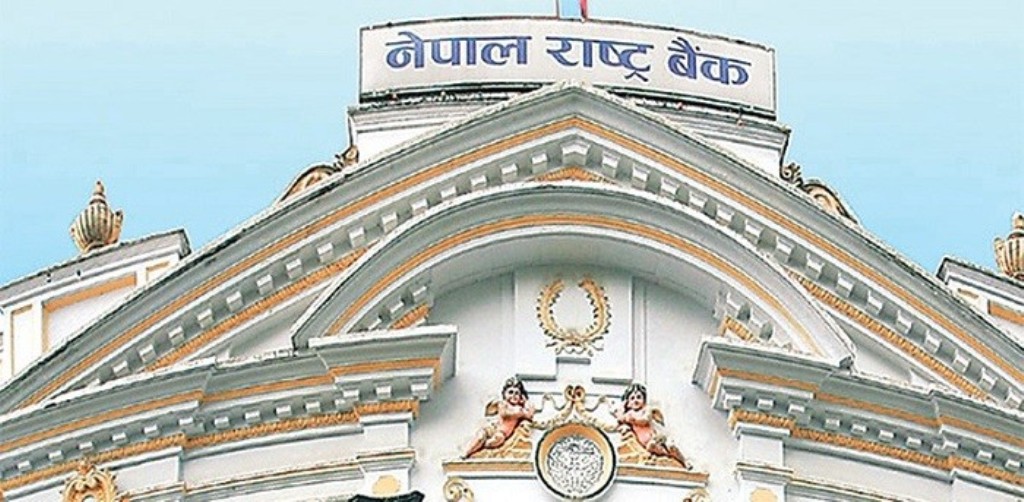You can now pay for international goods and services, courtesy of prepaid Dollar Cards — which your banks can now issue — all thanks to Nepal Rastra Bank’s (NRB) new rule regarding international payments.
This means you can directly pay for services and subscriptions on international platforms such as Amazon, Netflix, Hulu as well as SAT, TOEFL, GRE, etc. The move comes right after the Governor of Nepal Rastra Bank announced the introduction of international payment in Nepal during the Fonepay Digital Economy Conclave.
To break it down, you are required to apply for a prepaid Dollar Card by submitting KYC and PAN with up to a $500 threshold via your bank. Once approved, you need to deposit an amount not more than $500 in your respective bank account to be able to pay for international services. Banks are responsible for converting the balance in Nepalese Rupees to foreign currency.
However, you can only own one Dollar Card from one of the banks. If in case, you are found owning more than one, it will be considered unlawful. Also, the purchase of goods and services that are deemed to be outside of the Nepalese law is restricted.
Again, if a cardholder generates at least $1000 (double the card value of $500) of foreign income, they’ll be allowed to add more money to the Dollar Card.
This is not the first time one will be able to pay for international goods and services in Nepal. Earlier, users would do so via credit/debit cards of Nepalese banks but within $2,000 per annum. Commercial banks would even make international payments up to $10,000 for their customers, of course under given terms and conditions.
On the other hand, many would use international cards (like Payoneer) with the help of friends or family that live outside of Nepal in order to pay for digital advertisements on Facebook, Instagram, etc. which made it hard to keep the accounts of cash flowing outside the country.
Hence, the arrival of the international payment facility in Nepal is looked forward to contributing to a transparent digital economy in the country, beneficial to the Government of Nepal as well as the people residing inside the nation.
Edit: We have now updated the official source of the article.







